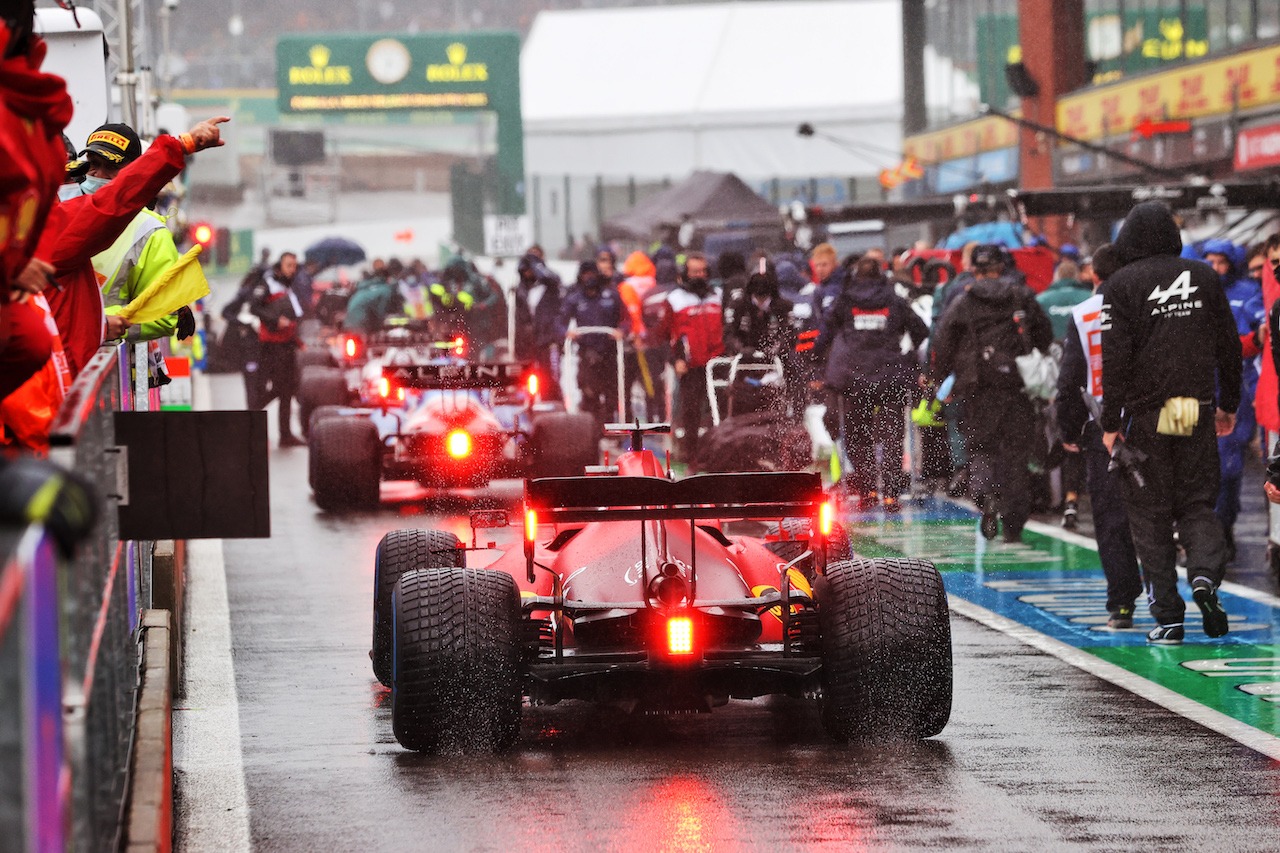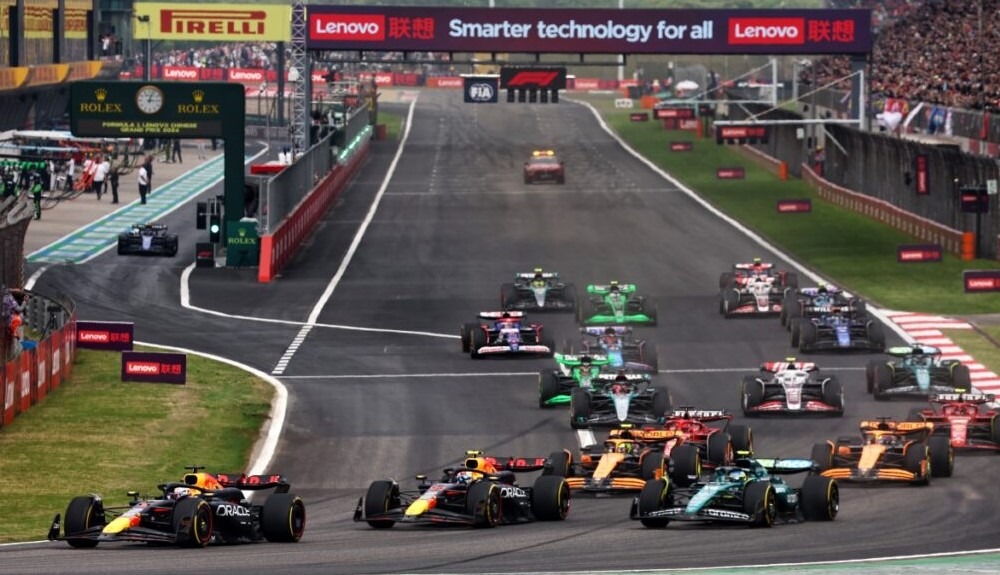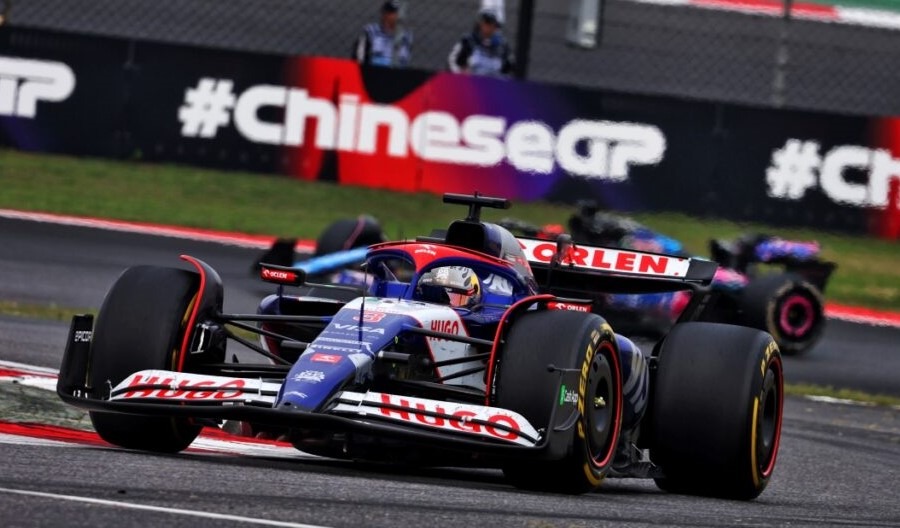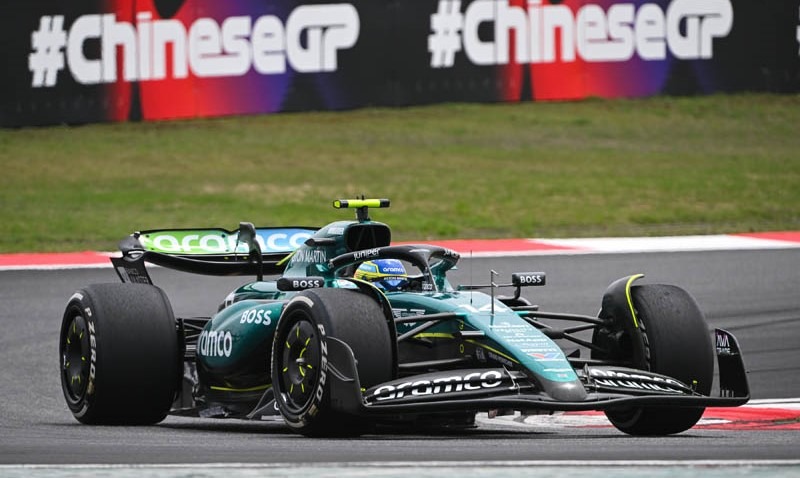The ongoing impact of the coronavirus pandemic has left F1 in a tricky situation of having to be flexible with its calendar over the second half of the year.
Although events in Singapore and Australia have had to be ditched because travel restrictions have made it impossible for them to go ahead, F1 chiefs were able to find replacements.
A second race in Austria was held in July to take one of the slots, and F1 is set for a November event in either Qatar or Bahrain to take the other.
However, after Japanese authorities decided that its October race in Suzuka could not happen, F1 has accepted that there will not be replacement, which will reduce the number of events to 22.
This change in the race number has triggered a clause in F1’s cost cap rules that means team will still get an extra spending allowance in the cost cap for the event going ahead, even though it has been ditched and they won’t have to face the expenditure of going.
For this season, F1’s budget gap is based around a $145 million limit, although there are certain exclusions such as marketing, driver wages, engine development and travel.
That $145 million figure is set if there are 21 races per season, with Article 2.3 of F1’s Technical Regulations stating that for every extra event added teams will be allowed another $1.2 million.
That means for this year’s originally scheduled 23-race calendar, the limit will be $147.4 million.
However, thanks to a clause in the rules, teams will be able to stick to that higher figure even though the schedule is being cut back and their outgoings will be reduced.
A clause in the same rule states: “If any Competition in a Full Year Reporting Period is cancelled less than three months prior to the proposed start date of that Competition (or, where applicable, any rescheduled date), such Competition shall be deemed to have taken place in the applicable Full Year Reporting Period.”
With the Japanese GP only being cancelled earlier this month, well within the three-month window, it means teams can still run to the higher $147.4 million budget.
While the difference may not impact the majority of teams much, big spending outfits like Red Bull, Ferrari and Mercedes are operating right at the limit and any saving they can make will be welcome.
The difficulties of operating within the budget cap limit had prompted those teams to seek some form of exemption for mounting crash damage – especially when accidents are caused by other drivers.
Red Bull said that Max Verstappen’s British GP crash had cost it $1.8 million, while Ferrari’s damage bill for the first half of the year was $3 million.
McLaren team boss Andreas Seidl has been unmoved by rivals calling for extra leeway because of damage – and he says the financial boost everyone gets now from the Japanese GP cancellation should silence the matter.
“We should not forget, which is why I think some of the comments are quite ridiculous, the mechanism that is in place, especially for this year with the budget cap at the moment, that with every race that gets cancelled up to a certain point of time, the budget cap actually gets lifted because that can cause extra costs,” he said.
“In real life, it [a cancelled race] triggers some extra costs but not a lot. So the benefit you get from that, and the increase of the cost cap already by that, is already huge. It is bigger than any of the crashes we have seen so far this year.”




